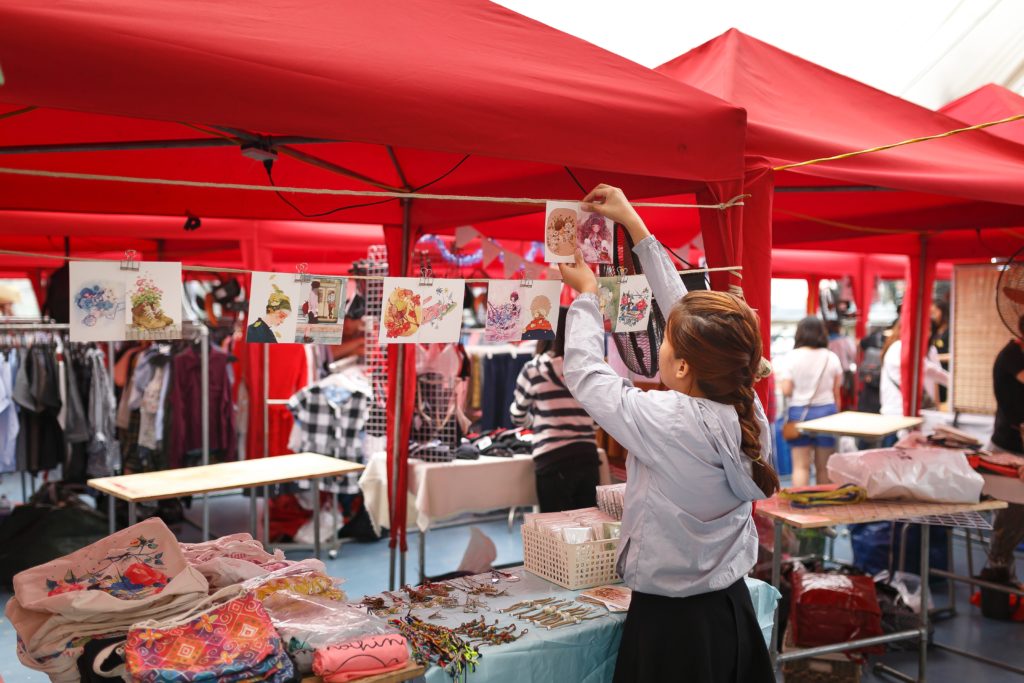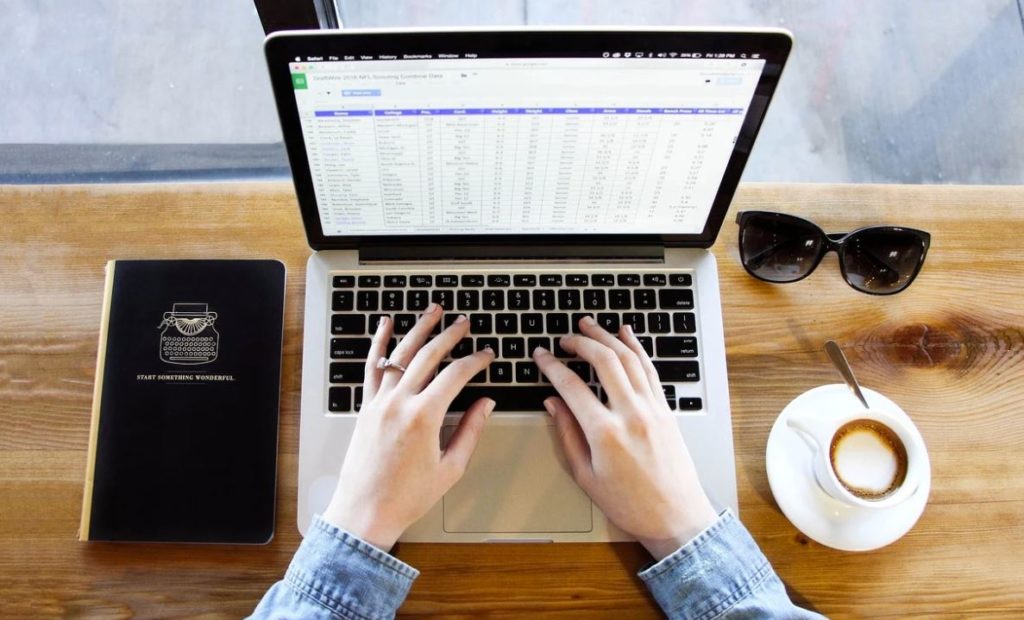
What were your key responsibilities during your internship?
My key duties included gathering research and data to assist the curator with his plans to bid for funding from the National Heritage Lottery Fund (NLHF) as part of his aim to expand and redevelop the museum. I analysed and presented this data using a range of software, including Microsoft Word, Excel and PowerPoint. This also informed my participation in several staff meetings where I was able to gain insight and contribute my own ideas based on my findings. Specifically, I looked at academics and researchers who had used the museum’s collections to inform their publications/projects since 2017 in order to update the BDC’s database, demonstrating the value of the museum as a resource.
As well as this, I looked at various other university museums such as, film museums within and outside of Europe to see how they function to engage the community and meet the NLHF’s broader requirements of creative projects, and to see how their strategies could influence the BDC’s future aims. Other key duties included preparing and presenting a talk to a U3A group (roughly 20 visitors) on pre-cinema in the museum’s lower gallery, which was received with much enthusiasm, and assisting the curator with a display for Campus Cinema’s 70th anniversary party, which was also hosted in the museum’s lower gallery.
What was your biggest achievement on your internship?
My biggest achievement during the internship was using my initiative to map the curator’s annual museum reports 2015-2019 to the National Lottery Heritage Fund’s Strategic Funding Framework key requirements of heritage projects (2019-2024). After producing a range of documents for the curator, I decided to tie up this research by presenting the data in a way which directly linked the museum’s existing/past initiatives to the NLHF’s in a way which was visually clear and focused, and which the curator could refer to when writing up his proposal for the funding bid. As commented on by the curator himself, this piece of work demonstrated my analytical skills and ability to use my initiative, under the guidance of the curator, to contribute my own unique strengths and ideas without simply waiting for the next task to be assigned. The documents produced will inform (in part) the curator’s next steps in the museum’s redevelopment.
Summary of your internship experience.
I honestly could not fault this experience whatsoever. I was lucky enough to have already been volunteering at the Bill Dougla Cinema Musuem on campus since September, and since I am passionate about working within Arts, Culture and Heritage, and having already built up a relationship with the curator, Phil Wickham, I knew that it was the ideal place for me to undertake a four-week internship. Before the internship started, Phil asked me what specific skills I wanted to develop while offering me the opportunity to assist him with the gathering of research and data to support his plans to bid for funds to expand the museum. Having undertaken the relevant module Creative Industries: Their Past, Our Future, as part of my English BA course, I was able to combine my academic studies with real-world practical experience, proving the value of the internship in this way. Further, Phil allowed me to use my initiative and offer my own suggestions in relation to the museum’s redevelopment project, which allowed me to feel like a real part of the team, while allowing me to demonstrate my ability to think creatively and intuitively rather than simply wait for instructions. I am eternally grateful for the encouragement that I received throughout the four weeks, with Phil allowing me to contribute to a variety of staff discussions with my research, as well as pushing me out of my comfort zone by asking me to deliver a short talk to a group of museum visitors in my second week. Though I was petrified, I managed to deliver the talk with a confidence that I did not believe that I had, and Phil is to thank for encouraging me to do something which he knew that I generally struggle with while being supportive throughout.
Would you recommend doing an internship, and why?
This internship confirmed to me that I have chosen a career path that I am well-suited to. I was excited to go into work every morning, and really did feel like a valued part of the team. Having vowed to never study again following the completion of my dissertation days before the internship started, the experience has made me so passionate to continue working toward an ambitious future career within the creative industries, and I feel so lucky to be able to say that I received an offer from the University of Exeter to undertake an MA in September in Creativity: Innovation and Business Strategy. I am so thankful for this invaluable experience, and would recommend it to anyone. Thank you to the University of Exeter and Phil Wickham for an unforgettable experience.










